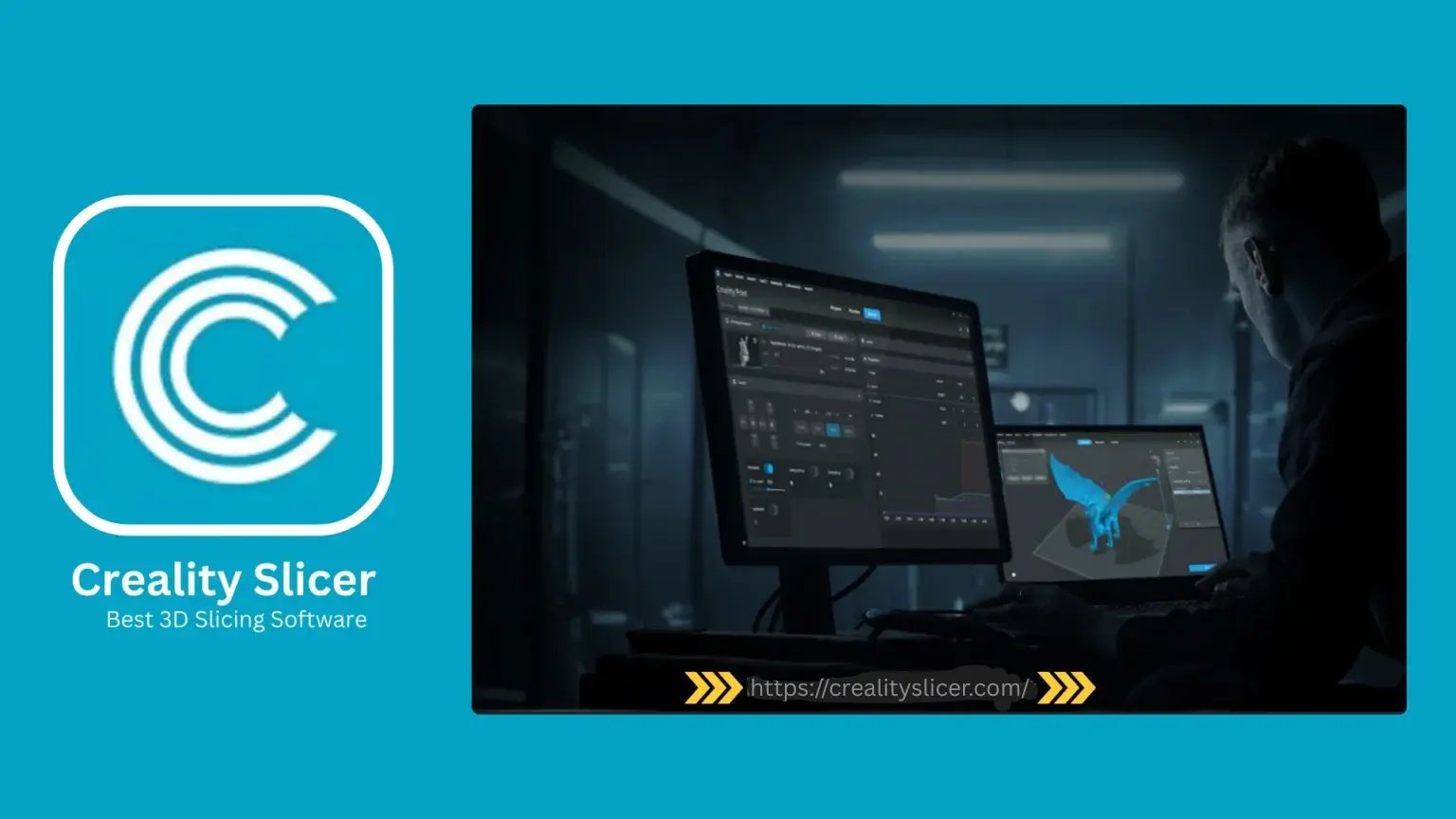As a science teacher, your role goes far beyond textbooks. You inspire curiosity, encourage hands-on learning, and make complex topics understandable for your students. But sometimes, just teaching in a classroom isn’t enough. You may want to host something extra — like a guest talk, a discussion, or an activity-based session.
That’s when the confusion begins. Should you host a webinar, seminar, or workshop? Or maybe even a conference?
These terms often get mixed up, especially when everything seems similar online. In this blog, we’ll break down the differences between webinar vs seminar, webinar vs workshop, seminar vs workshop, and even conference vs workshop, so you can confidently decide what’s best for your students.
Understanding the Basics: Webinar, Seminar, Workshop, and Conference
Before we go deeper, let’s understand what each format means.
1. Webinar
A webinar (short for “web-based seminar”) is an online session where a speaker presents a topic while the audience watches and listens. Interaction is limited, usually to a Q&A at the end.
- Hosted completely online
- One-way communication
- Good for presentations, lectures, or expert talks
- Ideal for large student groups or remote learning
Example:
You invite a scientist to give an online talk on renewable energy. Students attend from home, take notes, and ask questions after the presentation.
This is where the online seminar vs webinar difference often shows up. A webinar is more like a digital lecture, mainly one-directional.
2. Seminar
A seminar can be either online or in-person, and it’s more interactive than a webinar. In a seminar, the focus is on discussion. Students are encouraged to ask questions, share their ideas, and take part in the conversation.
- Can be offline or online
- Two-way communication
- Great for small groups or advanced learners
- Best for discussions, brainstorming, or exploring new ideas
Example:
You organize a seminar on ethical issues in genetics. Students read beforehand and then discuss their views in class or on a video call.
In the webinar vs seminar comparison, seminars are more conversational, while webinars are more like presentations.
3. Workshop
A workshop is a session focused on hands-on learning. In a workshop, students are not just listening or talking — they’re doing something.
- Practical, activity-based format
- Can be in-person or online (if materials are shared)
- Ideal for building skills or applying knowledge
- Perfect for STEM projects, experiments, or coding lessons
Example:
You host a workshop on building simple machines using everyday items. Students follow your instructions and create models in real-time.
This is where webinar vs workshop makes a big difference. In a webinar, students listen. In a workshop, they create, build, and participate.
4. Conference
A conference is usually a large event that brings together multiple speakers, topics, or sessions. It can include webinars, workshops, and seminars as part of the schedule.
- Formal, multi-topic event
- May include different sessions and formats
- Can be in-person, online, or hybrid
- Great for school-level science events, STEM expos, or annual fests
Example:
You plan a science conference for your school with multiple speakers, student showcases, and breakout workshops.
In the conference vs workshop comparison, a workshop is focused and specific. A conference is broad and may include several workshops.
Seminar vs Workshop: What Engages Students Better?
Both seminars and workshops are interactive, but the level of engagement differs.
A seminar is discussion-based. It helps students think, ask questions, and explore ideas together.
A workshop is action-based. It helps students apply concepts, solve problems, or build something.
So when thinking about seminar vs workshop, ask yourself:
- Do you want students to talk and reflect? → Host a seminar.
- Do you want them to try and build? → Host a workshop.
Webinar vs Workshop: When to Go Practical?
If your topic is mostly theoretical or you’re inviting a speaker, a webinar works well.
But if your goal is skill-building, problem-solving, or practical learning, a workshop will give better results.
Use a webinar for:
- Expert talks on new scientific topics
- Curriculum-based lectures
- Explaining concepts like the water cycle, atomic structure, or evolution
Use a workshop for:
- Demonstrating how to use a microscope
- Building a volcano model or an electric circuit
- Teaching basic coding or robotics
The webinar vs workshop decision depends on how much you want students to do, not just listen.
Conference vs Workshop: Thinking Bigger
If you’re planning something big — like a science day or inter-school event — a conference gives you more flexibility. You can include different sessions like expert talks, student paper presentations, and interactive workshops.
But if you only want to focus on one topic or skill, a workshop is much easier to manage and more targeted.
Think of it this way:
- A conference is the full event.
- A workshop is one focused session within that event.
So in conference vs workshop, your choice depends on the scale and purpose of the event.
Final Thoughts
Choosing between a webinar, seminar, workshop, or conference is not just about the format — it’s about how your students learn best.
In science education, variety is key. Sometimes your students need to listen. Sometimes they need to talk. And sometimes, they just need to roll up their sleeves and do the work.
Understanding the difference between a webinar vs seminar, or a seminar vs workshop, helps you plan better lessons and events.
So next time you’re thinking about what to host — start with the goal, then choose the format.



